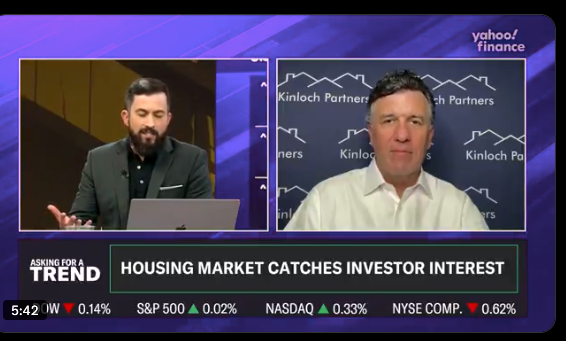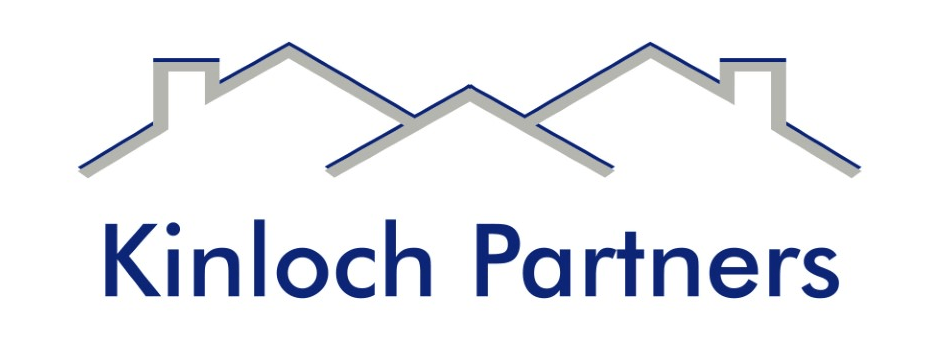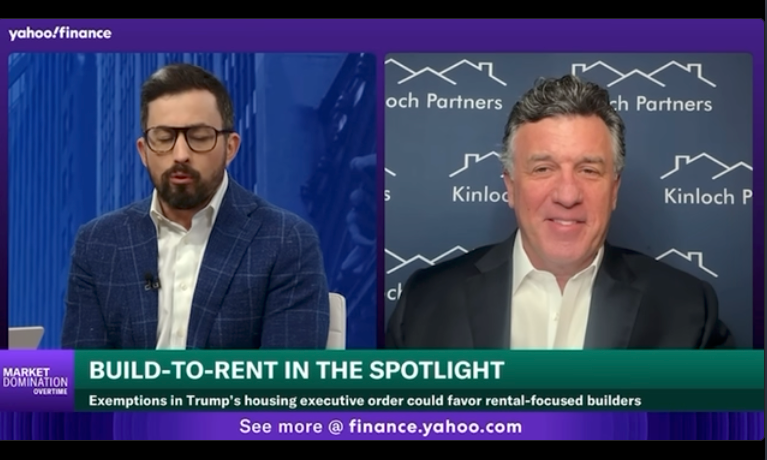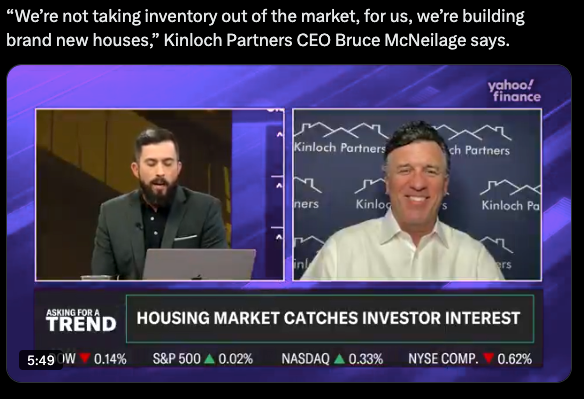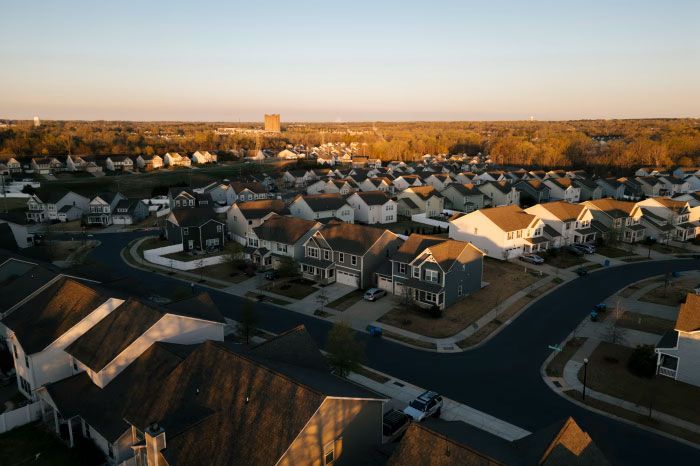EXCLUSIVE: Georgia real estate investor intends to buy 90,000 shares of Atlanta bank’s stock
May 20, 2016, 3:47pm EDT
Original post here: http://www.bizjournals.com/atlanta/news/2016/05/20/exclusive-georgia-real-estate-investor-intends-to.html
Credit: Phil W. Hudson
Staff Writer
Atlanta Business Chronicle
A Kennesaw, Ga.-based real estate developer is taking aim at one of the nation’s largest minority-owned financial institutions.
Bruce W. McNeilage, who is white, told Atlanta Business Chronicle he intends to buy 90,000 shares of Citizens Bancshares Corp. (OTCBB: CZBS), the parent company of Atlanta-based Citizens Trust Bank, in the coming months.
McNeilage, co-founder of Kinloch Partners LLC, said several of his business associates are also looking to acquire significant shares of stock as well.

Bruce McNeilage
“I believe shareholder value is not being maximized and I believe the bank is not as profitable as it could be and I’m looking to work on a collaborative basis with the board and the senior management to solve these issues,” he said.
McNeilage isn’t aiming at the bank with an unloaded gun. He has experience in banking and in doing business in Atlanta.
McNeilage started his career in banking at Citizens and Southern National Bank in 1988 and Kinloch Partners has invested nearly $25 million in metro Atlanta in the last five years.
“Our goal as a developer is to continue to provide affordable housing for rent or purchase in Atlanta, but it’s important to have a banking partner that is truly committed to meeting the needs of the entire community,” McNeilage said. “Citizens Trust Bank can only meet the community’s needs if it is run profitably and continues to reinvest those profits back into the Atlanta community. Our intention is to work with the current management team to make sure the bank unlocks shareholder value and increases profits to create more wealth in the community.”
McNeilage believes the bank’s leadership has grown complacent. He cited the fact that there have been no new board members added in the last 12 years and that the average tenure on the board is 20-plus years.
“The lack of diversity at the board level is also a concern,” McNeilage said.
Today, Citizens Trust is the largest African-American-owned bank in Georgia and among the top five nationally. But its roots are deep in the Sweet Auburn community of Atlanta.
Citizens Trust was founded on Aug. 16, 1921, by Herman Perry, who had tried to be fitted for a pair of socks at a white-owned store and was refused. Perry and four other partners — known as the “Fervent Five” — formed Citizens Trust so that blacks could own and operate businesses independently of white-owned institutions, according to the New Georgia Encyclopedia.
Citizens Trust, which was first located on Auburn Avenue, was instrumental in the building of wealth along Auburn Avenue–once called “the richest Negro street in the world.”
In 1969, the bank moved into its own headquarters building at 75 Piedmont — on the same block as another anchor institution — Atlanta Life Insurance Co. After nearly 50 years at 75 Piedmont, Citizens Trust relocated to 230 Peachtree St. in early February.
The bank could not be reached for comment.
As of Dec. 21, Citizens Trust had total assets of nearly $338 million and total deposits of nearly $329 million.
The bank’s shares were trading for $8.00 as of May 20 at 9:30 a.m.
Story Credit: Phil W. Hudson
Staff Writer
Atlanta Business Chronicle
